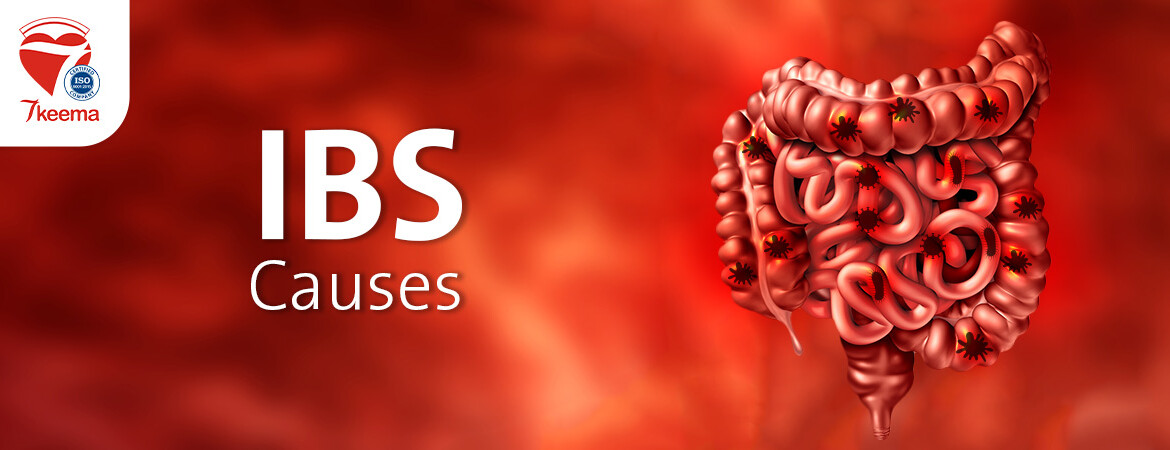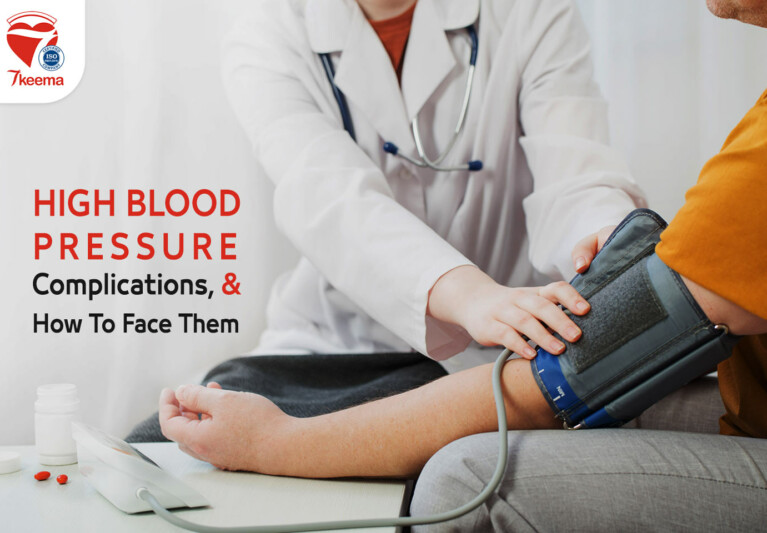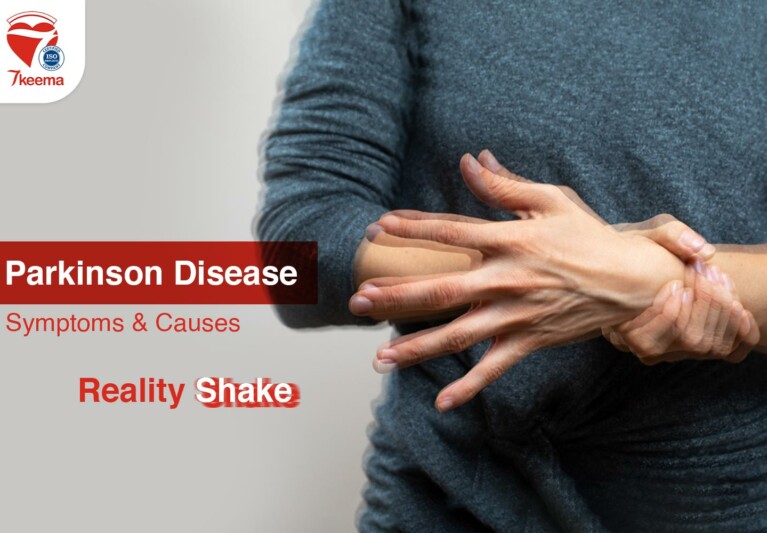IBS is an abbreviation for irritable bowel syndrome; it’s when the digestive system reacts aggressively to what you eat or how you feel. Food and mood have been connected since forever. And it’s pretty similar when it comes to the Irritable Bowel Syndrome (IBS).
It’s not actually surprising when we know that our moods can have a massive effect on our general health and body organs functions. For example, our hearts could be literally touched when we get to know a different kind of news, and when it’s bad news, there’s a high risk of having heart deep vein thrombosis.
It’s highly recommended to ask for home nursing service while recovering from thrombosis complications.
Our intestines have similar connections, especially a part called the colon, it’s where a lot of action could occur, and that’s the IBS.
In fact, the Irritable Bowel Syndrome is quite common due to so many factors, and it’s worsening more because of the increasing life stress.
Our nervous system has something to do with such a case, as our digestive system is wired up with many nerves that could be damaged for any reason.
Some theories claimed before that an IBS patient would suffer from depression or anxiety. But recently, new claims recited that it doesn’t have a direct connection with such diseases.
IBS Symptoms
The Irritable Bowel Syndrome develops so many symptoms that mainly take place in the digestive system, between which we can mention:
– Chronic abdominal pain
– Chronic diarrhea
– Chronic constipation
– Diarrhea and constipation alternately
– Increase in stomach gases
– Flatulence
These are considered the most general symptoms of the Irritable Bowel Syndrome. Meanwhile, many more symptoms could be added according to many factors.
For instance, females could develop many different symptoms, while males are less subjected to get the IBS from the beginning. Accordingly, men and women could have variable symptoms due to various factors, age included.

IBS Symptoms For Women:
– Constipation:
When women get Irritable Bowel Syndrome, constipation might be more aggressive than men; going to the restroom would be relatively less and hurtful.
– Diarrhea:
It’s most likely for men to get diarrhea due to IBS, but still, women could have it too just before their menstrual cycle.
And it would be added to abdominal pain with contractions. Also, mucus would accompany stool.
– Constipation and diarrhea alternately:
It’s when the patient suffers from constipation for a period followed by diarrhea; it’s estimated that almost 20% of Irritable Bowel Syndrome would suffer from such symptoms.
– Severe menstruation symptoms:
One of the Irritable Bowel Syndrome symptoms related to women is having troubles during their menstrual cycle in so many ways. Most probably, the IBS symptoms would get more severe a few days before a woman’s period.
It’s believed that IBS would significantly influence menstruation symptoms, as it could make it go more severely and make it more painful.
Moreover, it could be accompanied by more symptoms, such like:
1- More Pain (dysmenorrhea)
2- Backache
3- Low focus ability
4- Feeling exhausted all along the period
5- Insomnia
6- Water retention
Vividly, women would suffer very hard during their menstruation due to IBS, which prioritizes the importance of seeking an IBS Treatment.
– Flatulence:
Flatulence happens due to the accumulation of stomach gases, which would make the abdominal area bigger like it was blown, though it’s still a more generic symptom for both men and women.
What concerns women here is that flatulence would be multiplied several times during menstruation, and the blown abdominal would be more obvious. Also, some women could suffer more from flatulence due to migratory endometrium.
On the other side, women during menopause would suffer more from flatulence, and it could be more obvious comparing to men.
– Urinary Incontinence:
When the patient loses control during urine output, women with IBS would be more likely to suffer from urinary incontinence and overactive bladder.
It would develop some symptoms by itself, like:
1- Excessive urination
2- Urgent need to urinate
3- Frequent nocturnal urination
4- Pain during urination
However, urinary incontinence is considered one of the geriatric signs and diseases. The elderly would need special care during such phase, and it could be provided by home nursing services. You can learn more about geriatric diseases and signs by reading this article, and you can check this article as well to know more about how to pick a home nursing service.
– Chronic Pelvic Pain:
Statistics show us that at least one of three women with Irritable Bowel Syndrome would suffer from chronic pelvic pain.
– Pelvic Organ Prolapse:
Irritable Bowel Syndrome would cause muscles to loosen throughout the pelvic area, leading some organs to move from their places.
Mainly, it happens due to diarrhea and constipation, and it could be evident through:
1- Vaginal prolapse
2- Uterine prolapse
3- Rectal prolapse
All these symptoms would put more pressure on women in so many directions. Also, the Irritable Bowel Syndrome would be psychologically exhausting for women more than men.

IBS Symptoms for Men:
Actually, Irritable Bowel Syndrome symptoms for men are not so different; still, men could have more serious severity concerning some symptoms, such like:
– Stomach gases
– Frequent burping
– Increasing diarrhea and constipation bouts
– White or transparent mucus with stool
– Abdominal contraction voices, due to gases or constipation
– High acidity feeling
– Abdominal pain
– Contractions during stool output
– Feeling exhausted and nausea
– Pain wide spreading to many other organs, like hands, feet, shoulders, and back.
– Chronic insomnia
IBS Effect on Blood Pressure
It’s most likely for an IBS patient to suffer from high blood pressure, and that could be due to the following reasons:
– Severity of abdominal pain due to Irritable Bowel Syndrome
– Severity of pain during stool output
– The continuity of chronic pains for so long
– How long the patient was suffering from the Irritable Bowel Syndrome
High blood pressure is also one of the most common geriatric diseases. The elderly would suffer from so many diseases such as Alzheimer’s, dementia, diabetes, and more, which increases the difficulty of life for the elderly during such stage, mainly when Irritable Bowel Syndrome occurs.
Therefore, home nursing could be a massive solution to facilitate their lives and give them good care all day long.
For instance, 7keema for home nursing could provide such service through its elderly care service by providing high trained nursing staff to maintain any case at home.
You can know more about high blood pressure by reading this article.
IBS Causes
Irritable Bowel Syndrome has several causes and factors; as we said, our intestines and colon could be affected by our mood swings, though IBS couldn’t be provoked just because our mood is not so good. It has so many reasons, and mood swings are only a factor that could increase the severity of the symptoms.
The Irritable Bowel Syndrome causes vary between:
– Some types of food: it’s not so clear till now how some kinds of food could increase the risk of having the Irritable Bowel Syndrome, but we know that some food would face an aggressive response from the colon. Such as wheat bakeries (Gluten), dairy and its products, citrus fruits, legumes, some kinds of vegetables like cabbage, and mineral drinks.
– Anxiety: we cannot ignore the fact that chronic anxiety could increase symptoms of Irritable Bowel Syndrome in an obvious way, though it cannot provoke it. Also, anxiety could lead to many other chronic diseases, like high blood pressure, high cholesterol levels, and more. In case of the elderly, these symptoms and diseases might need proper care, which could be provided by home nursing services.
– Microbial infection: it could cause diarrhea, which increases the risk of the Irritable Bowel Syndrome.
– Nervous System problems.
– Disruption in intestines contractions.
– Imbalance of intestines bacteria.
It’s known that people under 50 are more subjected to get Irritable Bowel Syndrome, and women are more likely to have it more than men.

IBS Treatment
In fact, we don’t have medicine meant to eliminate the Irritable Bowel Syndrome so that we can call the IBS treatment; instead we got some ways to go around it.
Nutrition IBS Treatment:
– Lactose:
Many patients suffer from some intolerance towards dairy products due to lactose; avoiding it could be an IBS treatment.
– Avoid these foods:
Fresh onions, beans, dates, coffee, dried raisins, cabbage, grapes
– Follow a nutrition plan rich in fibers.
– Drinking enough amounts of water.
Drug IBS Treatment:
In case the nutrition IBS treatment doesn’t work properly, and symptoms are keeping up and getting more severe, doctors would recommend some medicines and drugs to patients. But we assure that it should be guided by a specialist doctor.
These medicines could vary between:
– Antispasmodics
– Antidiarrheal
– Activate the colon functions





